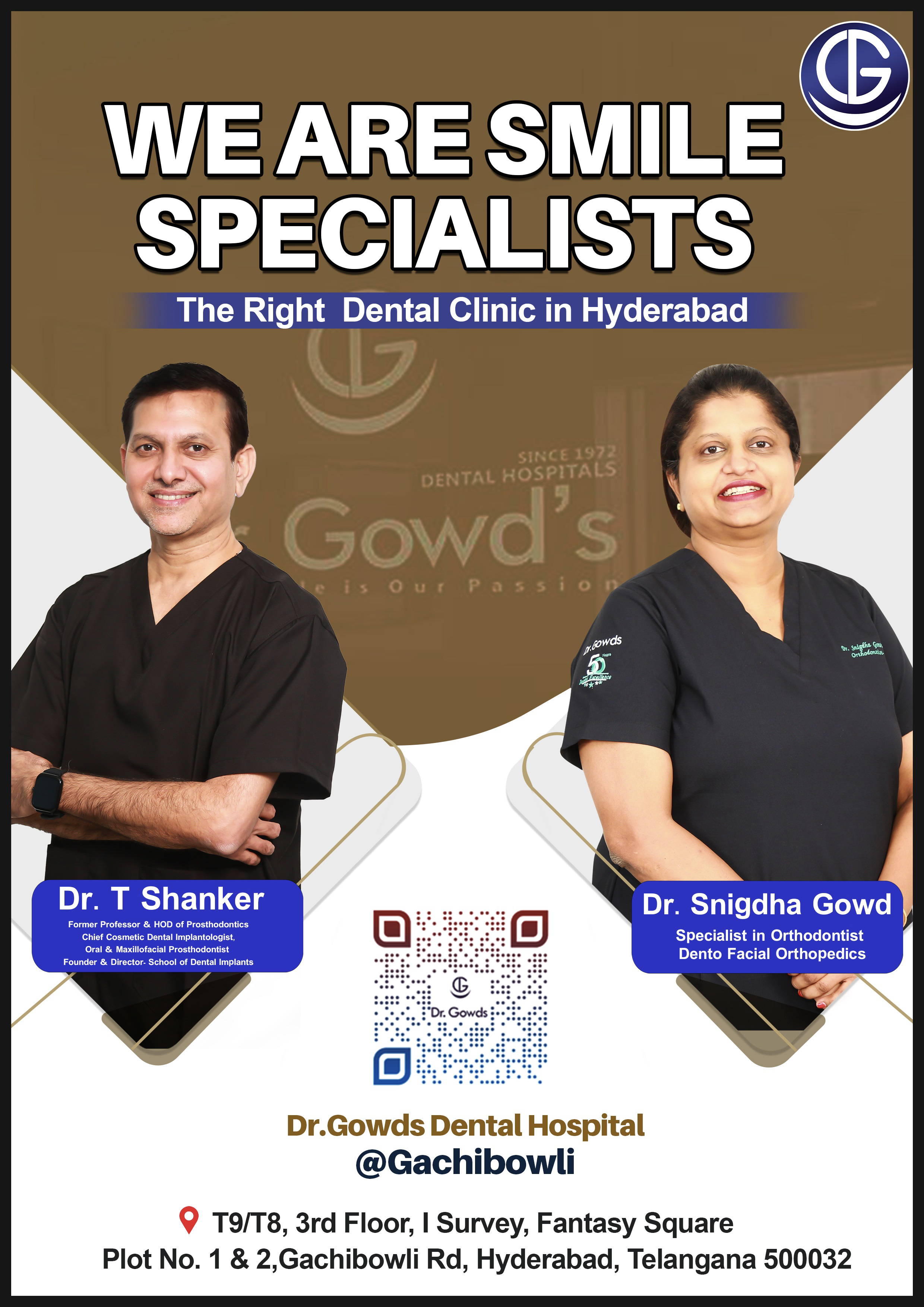Food & Diet
Effect of diet on Breast Cancer
IT’S NEVER TOO LATE TO ADOPT A HEALTHY LIFESTYLE.

Breast cancer is a leading cause of death worldwide, accounting for nearly 10 million deaths in 2020. It has been ranked number one cancer among Indian females. Afterall, under 7% of all breast cancer cases happen in women under 40. But it can happen at any age, and it’s important to be aware of your risk factors, regardless of your age. The only way to change these numbers is by increasing awareness. Breast cancer is treatable illness, and chances of survival are greater if it’s identified in time.
FOODS TO EAT
Many factors are associated with breast cancer development. While improving your overall health and reduce the cancer risk in general, it’s only one part of it. Lifestyle plays a critical role in the development of breast cancer. Research has linked heavy drinking, smoking, estrogen exposure, and certain dietary patterns increase risk for breast cancer. Changing your nutritional habits can help you go a long way in decreasing cancer risk. Moreover, specific foods may even provide protection against this illness to some extent.
It is important to maintain a well-balanced lifestyle, with a healthy diet and try not to limit yourself to a few “super foods”.
Cover your plate with healthy foods. Fill two-thirds of your plate with vegetables, fruits, whole grains, or beans, and one-third or less with meat and dairy products. Add unprocessed wheat, rye, oats, corn, rice, millets to your diet as these have phytochemicals that may lower the risk of cancer.
Green leafy vegetables-focus on fiber. Eat plenty of fruits, vegetables, whole grains and legumes. leafy greens contain carotenoid antioxidants, including beta carotene, lutein and zeaxanthin, folate are associated with reduced breast cancer. Wash fruits and vegetables carefully to remove the residue of chemicals. Flavanols found in onions, broccoli, and tea and flavones in parsley, celery and drinks with chamomile lower breast cancer risk.
Phenolic compounds found in garlic, green tea, soybeans and flaxseeds and fruits and vegetables that have them include broccoli, cabbage, tomato, eggplant, cucumber and watermelon may lower your chances of breast cancer and slow down tumor growth.
Citrus fruits-oranges, amla, grapefruits, lemons, limes and guava being rich in folate, vitamin C and carotenoids, plus flavonoid these nutrients provide antioxidant, anticancer and anti-inflammatory effects. Phytochemical in plant-based food like orange, yellow and fruits is linked to lower the risk of cancer.
Red and purple grapes are rich in antioxidant called resveratrol which can balance natural estrogen hormones in the body.
Fatty Fish-oily fish like salmon, sardines and mackerel bring rich in omega-3, selenium and antioxidants may provide cancer-protective effects thereby improving the results of breast cancer treatments. It is important to consume right fats as some dietary fat is necessary for the body to work properly. Avocados, seeds and nuts, flax seeds contain healthy fats.
Berries-rich source of antioxidants including flavonoids and anthocyanins, have been shown to protect against cellular damage as well as the development and spread of cancer cells.
Vitamin D present in foods like eggs, cold water fish, fortified products and exposure to sunlight may help protect against breast cancer. Stay hydrated, get adequate sleep and remain stress free.
Following a nutritious diet rich in foods like leafy vegetables, berries, and certain herbs and spices (turmeric because of its anti-inflammatory properties could limit growth of cancer cells) may helpreduce breast cancer risk. Ultimately, any diet you try should contain a healthy balance of nutrients, proteins, calories and healthy fats. Going extreme in any direction could be dangerous.
FOODS TO AVOID
No food or diet alone can prevent or treat any kind of cancer, food is an important part of your treatment plan
- Alcohol use-especially heavy drinking, may significantly increase your risk of breast cancer by 14%.
- Eating fast foods, fried foods, processed meats, added sugars and refined carbs (don’t feed your cancer cells with these foods) regularly is associated with many downsides, including an increased risk of heart disease, diabetes, obesity and breast cancer. Limit saturated fats and trans fats-butter, cheese, ice-cream, and commercial baked goods.
- Chemicals found in everyday items, such as foods, personal products, packaging, and household and lawn care products screw up your hormones and have been associated with weight gain, breast cancer, developmental, reproductive, brain, immune and other problems.









